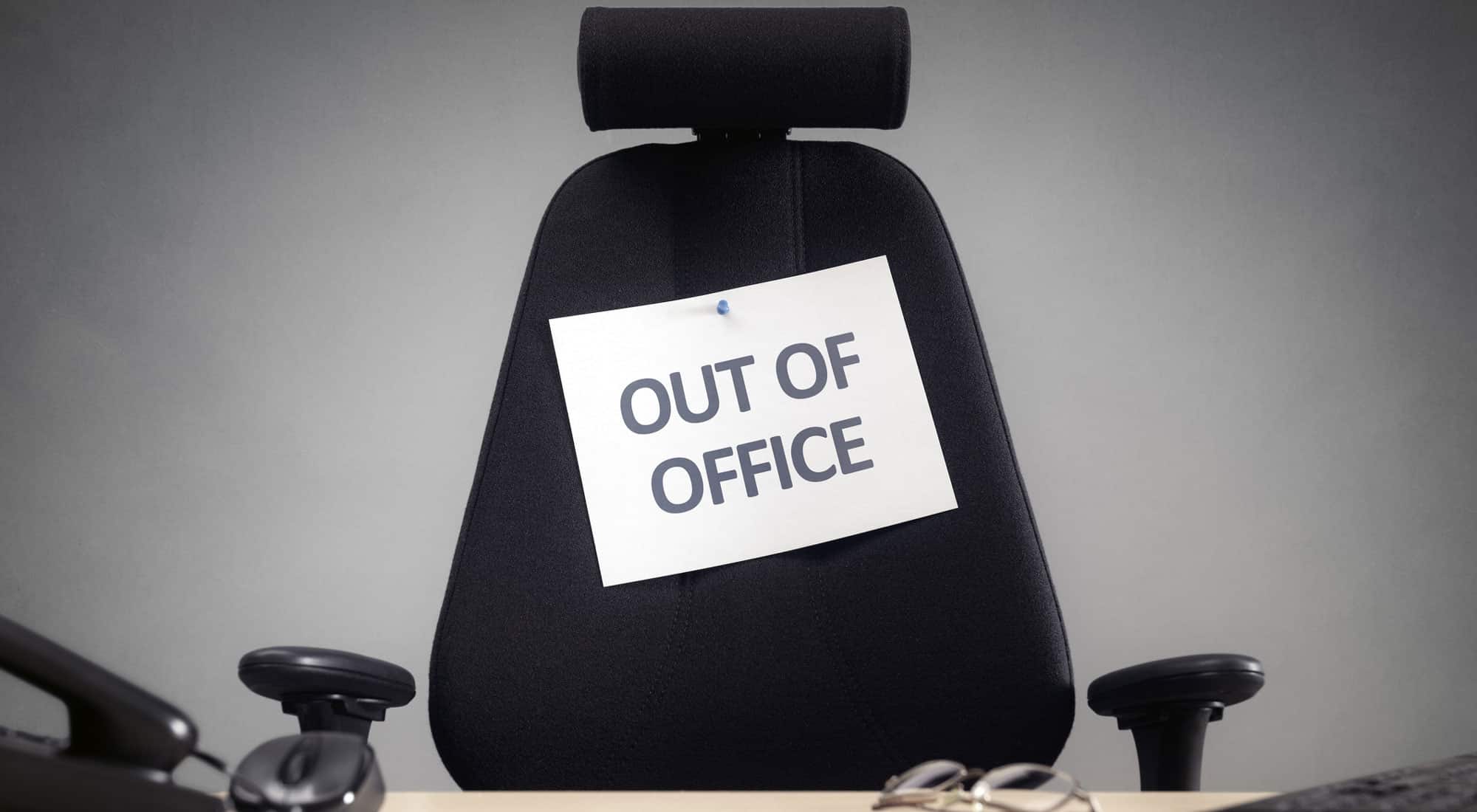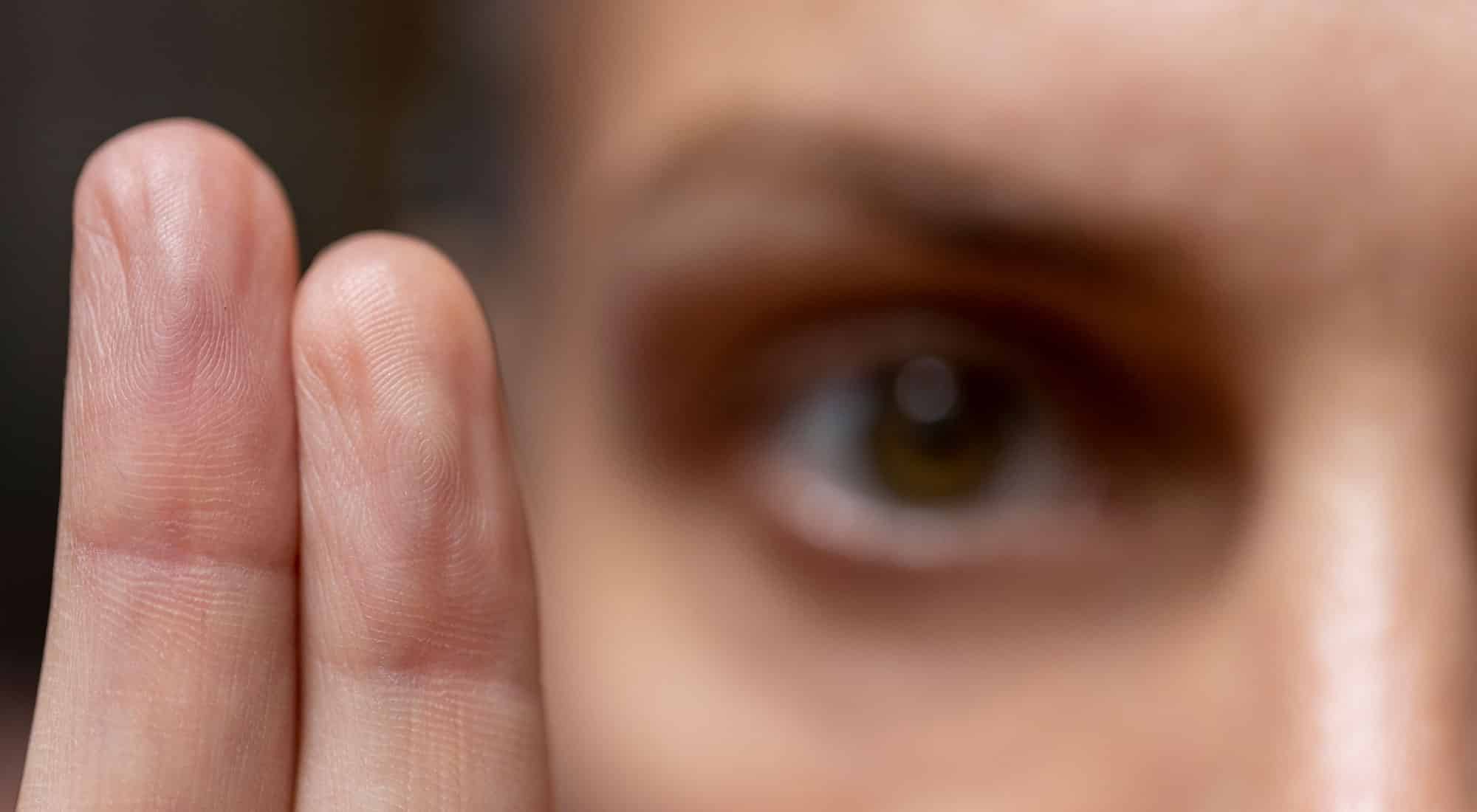
How Veterans Can Get Addiction Treatment with TRICARE
For anyone who doesn’t have a family member, colleague, or close friend who has served in the military, sometimes the only window into the unique challenges of a soldier’s life is from a big-budget blockbuster like 1917, Saving Private Ryan, or Platoon — or more detailed accounts found on the small screen, such as the miniseries Band of Brothers or The Pacific. The common thread in all these stories? Deployments are stressful and, not surprisingly, they take a serious toll on your body, mind, and the relationships that matter most. As a result, many service members develop unhealthy coping mechanisms like substance abuse, depression, and alcohol misuse, which can follow them into retirement and provide a new set of challenges. Read More









